AARP Hearing Center

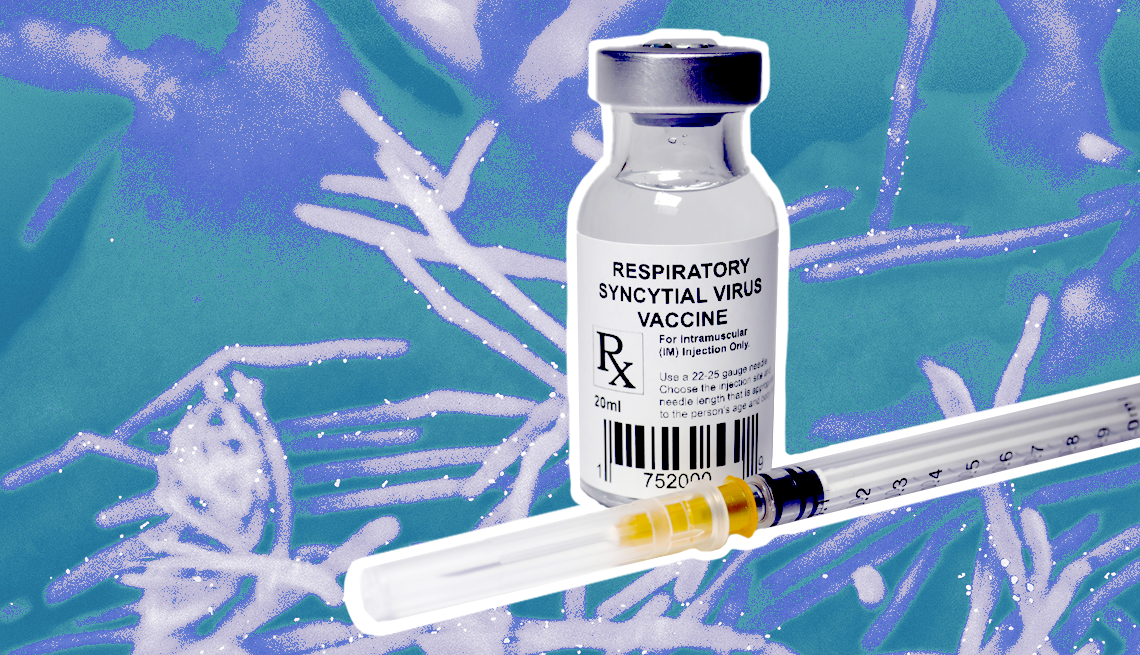
Last year was the first time older adults had the opportunity to get a vaccine that can help prevent complications from RSV, a common virus that circulates during cold and flu season. RSV, short for respiratory syncytial virus, typically causes mild, cold-like symptoms, but the illness can turn severe in older people and infants.
Two vaccines for older adults were approved in 2023, and a third was cleared this year. But not many people rushed out to get the shot once it became available. An estimated 24.4 percent of adults ages 60-plus rolled up their sleeves for the RSV vaccine during the 2023-2024 season, according to data from the Centers for Disease Control and Prevention (CDC).


LIMITED TIME OFFER: Labor Day Sale!
Join AARP for just $9 per year with a 5-year membership and get a FREE Gift!
Vaccine fatigue stemming from multiple rounds of COVID-19 shots may have contributed to the low uptake, says Kathleen Linder, M.D., a clinical assistant professor of infectious diseases at Michigan Medicine. “I also think that people don’t really appreciate how severe RSV illness can be,” Linder adds. “You hear about something like RSV and you think, ‘Oh, it’s a cold virus. If I have a cold, I’ll go on about my life.’ But the reality is, particularly in older people and in people who are immunocompromised, an RSV illness can be very severe.”
As many as 160,000 adults ages 65 and older are hospitalized with RSV each year in the U.S., according to the CDC, and up to 10,000 older adults die from an infection.
“That is not insignificant,” says Jodie Guest, a professor and senior vice chair in the department of epidemiology at Emory University’s Rollins School of Public Health.
Here’s what you should know about the RSV vaccine for the 2024-2025 season.
Who should get the RSV vaccine?
The CDC recently streamlined its RSV vaccine guidelines and adjusted the age range for older adults who should get the shot.
For this season, the CDC says everyone 75 and older should get the vaccine; so should people ages 60 to 74 who live in nursing homes or have certain chronic health issues, like lung or heart disease, that put them at higher risk for severe illness. People ages 50 to 59 were not included in the recommendations. In 2023, the official advice was to talk to your doctor about getting an RSV vaccine if you were 60 or older.
The change was made in part to simplify the recommendations and provide clarity on who benefits most from the vaccine, explains Amadea Britton, M.D., an RSV expert and medical officer at the CDC.
“We now have a year of data from the first-ever RSV vaccines — we had millions of people get them — and we saw that they were really effective at preventing older adults from ending up in the hospital,” Britton says. “And that’s, I think, a really strong reason to go out and get vaccinated.”

































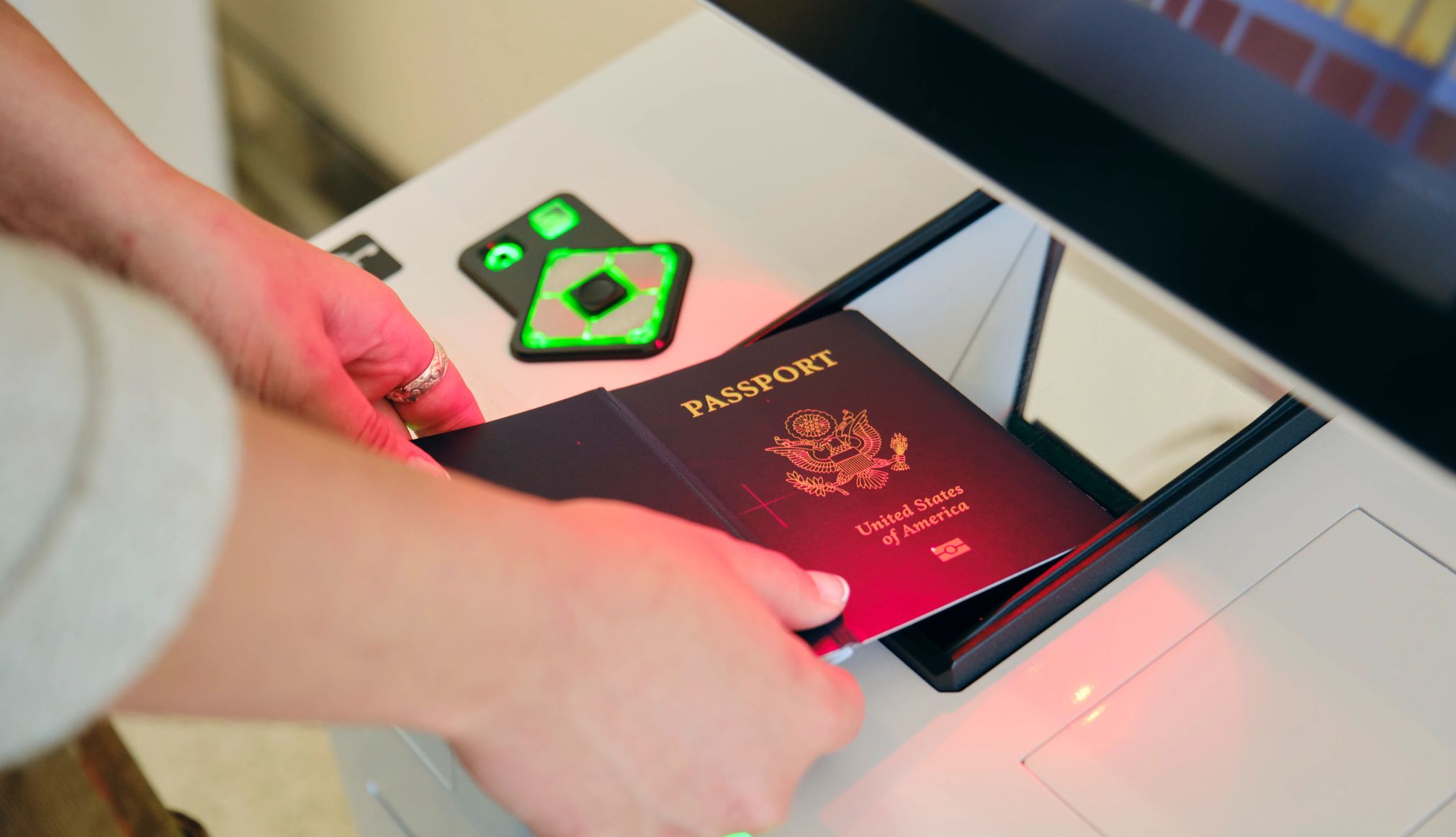























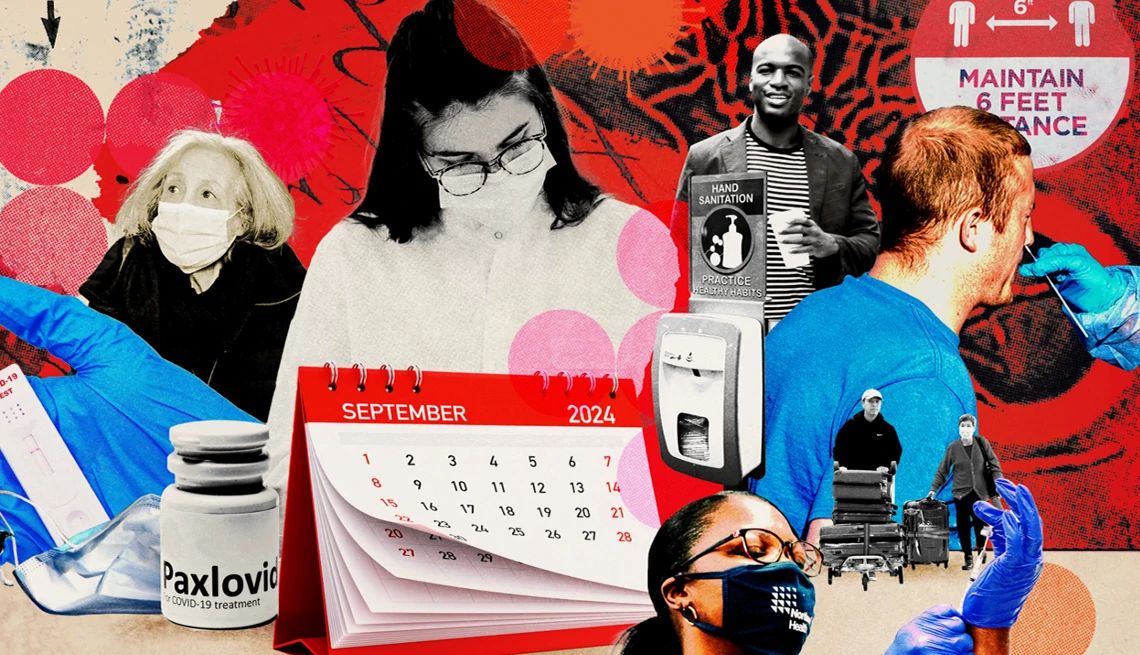
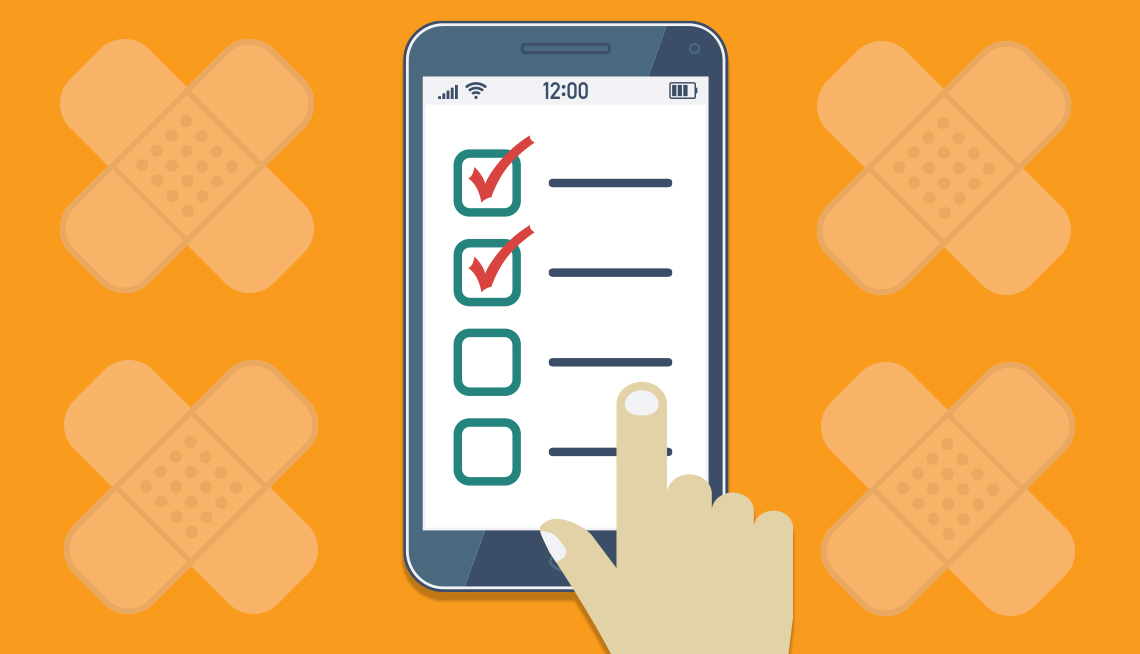

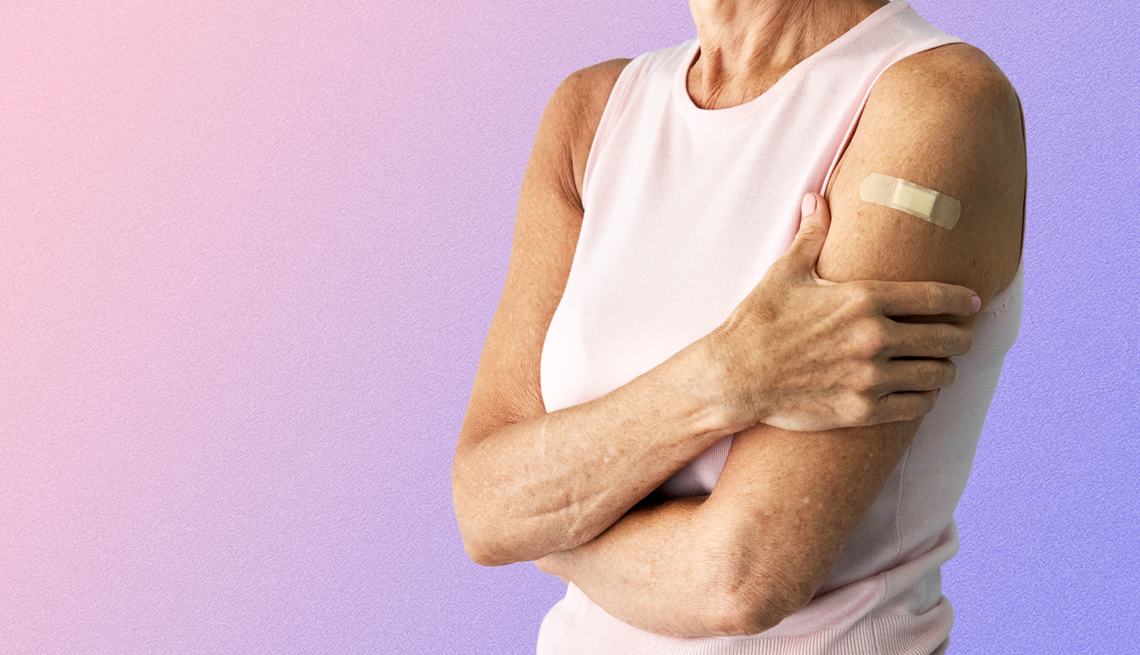

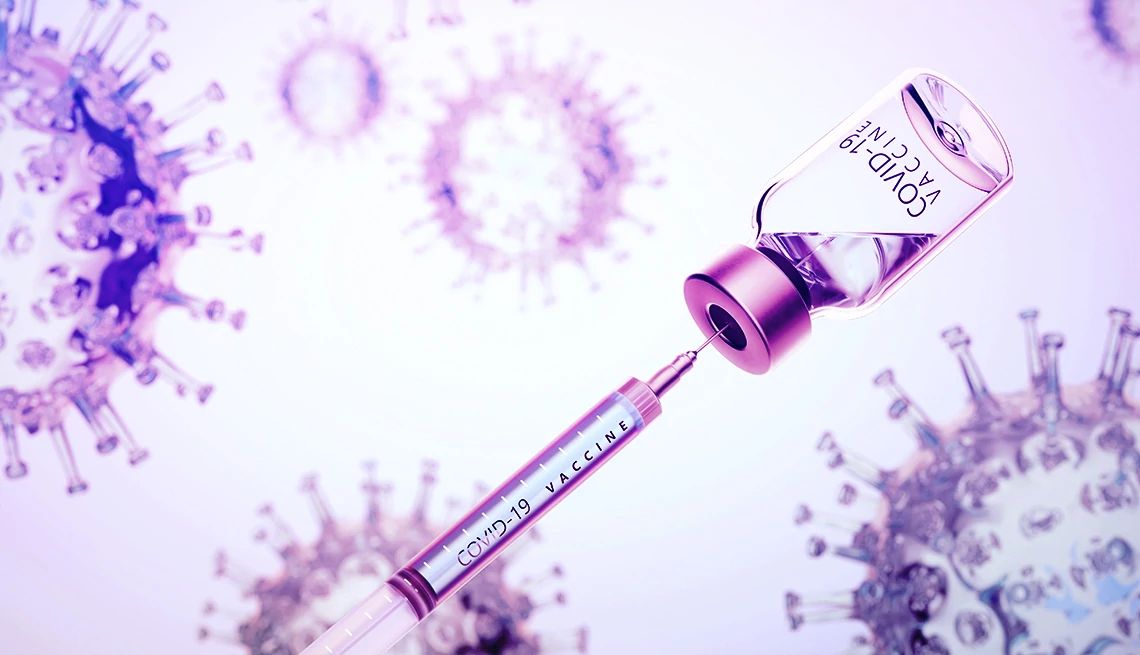





More From AARP
What to Know About the Updated COVID Vaccines
New shots have been approved and will be available soonWhy Are So Few Older Adults Getting the RSV Vaccine?
The virus can be dangerous for older adults; a shot can help provide protectionTry These Tips for Living a Healthier Life
Small changes can add up to big mental and physical results
Recommended for You